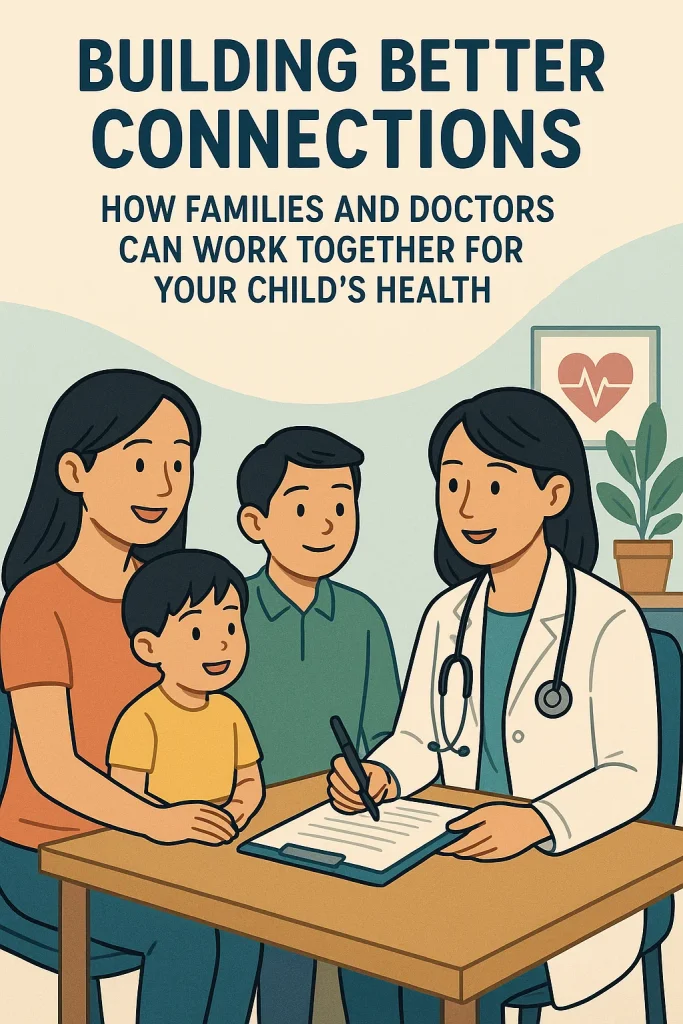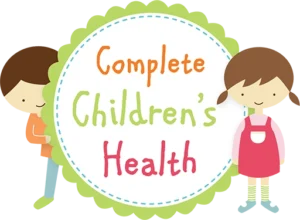At Complete Children’s Health, we know that clear and open communication between
families and doctors is one of the most powerful tools in a child’s healthcare journey. It’s not
just about sharing information—it’s about building trust, working as a team, and ensuring
every child gets the personalised care they deserve.
We want to take a moment to acknowledge the compassion, expertise and dedication our
doctors bring to their work every single day. Beyond the medical advice and clinical
knowledge, it’s the genuine relationships they build with families that often have the biggest
impact.
Here are five practical ways you can strengthen communication with your child’s
doctor—and help support better outcomes for your child’s health and wellbeing.

- Be Prepared for Appointments
Before you come in, take a few minutes to write down any questions or concerns. Noting
symptoms—no matter how minor—can be incredibly helpful. Try to keep track of when they
occur, how long they last, and how severe they are.
Having this information on hand means your child’s doctor can make more accurate
assessments and you can leave the appointment feeling confident everything was covered. - Be Honest and Open
The more your doctor knows, the better they can help. Bring a list of any medications your
child is taking, including over-the-counter products, supplements or herbal remedies. Let us
know about changes in behaviour, mood, sleep, diet or physical activity—every detail helps
us build a complete picture.
And if you’re ever unsure whether something is worth mentioning, please share it anyway.
We’re here to help, not to judge. - Ask Questions
We understand that medical information can feel overwhelming, especially when it’s about
your child. Don’t hesitate to ask for clarification if something doesn’t make sense. Our team
is always happy to explain things in a way that’s easy to understand.
Whether it’s a diagnosis, treatment options or follow-up plan, your questions help ensure you
feel informed and confident in the decisions being made. - Follow the Agreed Plan
Once a care plan is in place, sticking to it is an important part of your child’s treatment. This
might include giving medications as directed, attending follow-up appointments, or making
small changes at home.
If something isn’t working or feels too hard to manage, we want to know. Adjusting a plan is
much easier than trying to work around something that’s not realistic for your family. - Report Any Side Effects
If your child reacts positively or negatively to any medications or treatments, even in a small
way, please let us know. If negatively, it might be a simple fix, or it could signal a need to
adjust the approach.
By keeping us informed, you’re helping ensure your child’s care stays on the right track—and
that we can act quickly if anything needs to change.
A Strong Partnership for Lifelong Health
At Complete Children’s Health, we believe that the best care happens when families and
doctors work together. When communication is open and respectful, children benefit from a
more thoughtful, responsive approach to their health.
Thank you for trusting us with your child’s care—and for playing such an active and
important role in their health journey. Together, we can help your child thrive.
